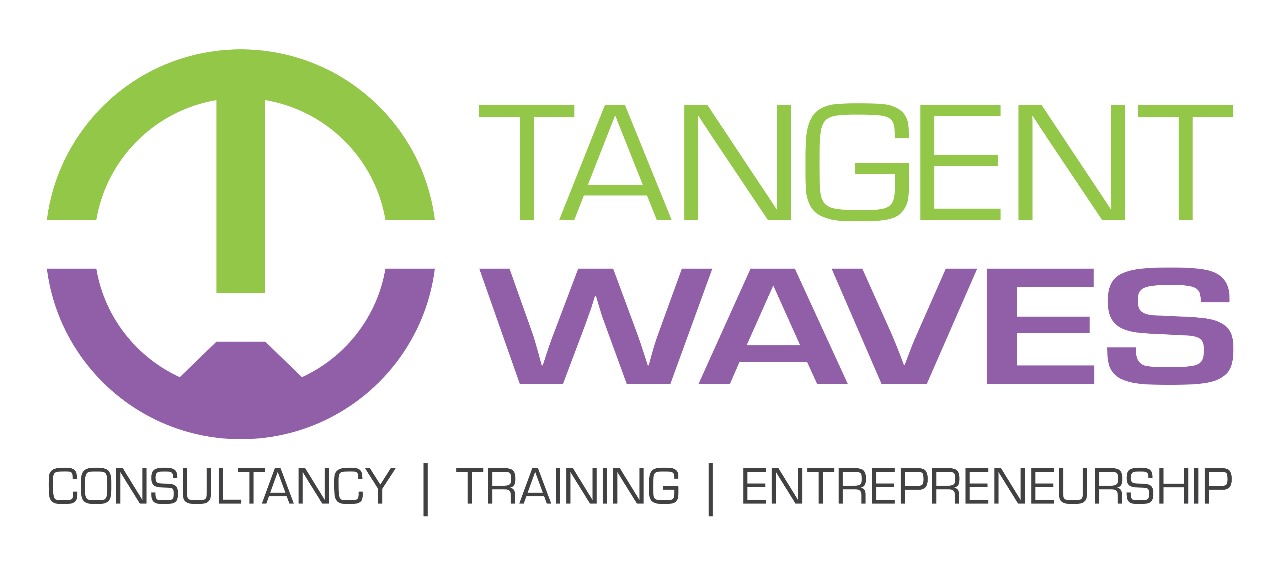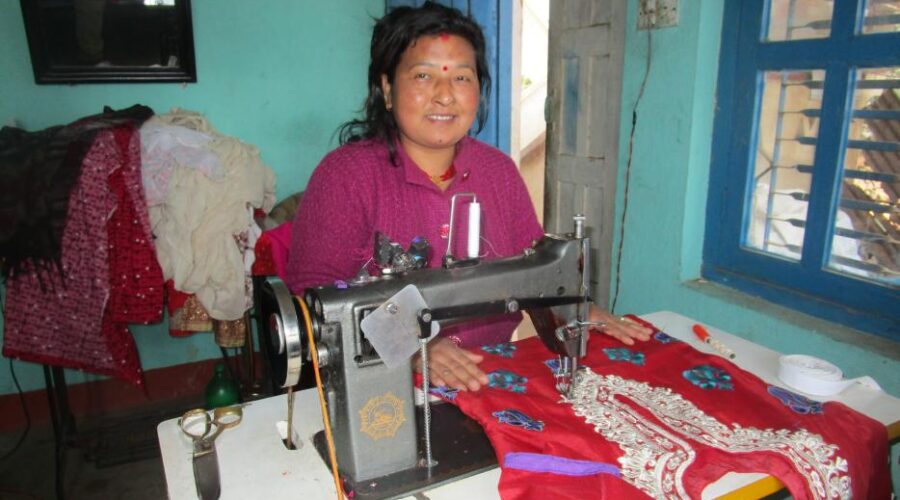Sunita, 34, from Nuwakot is an independent woman, advancing on the capacity she attains. Life was not always like how it is today, she recalls. Her family was badly affected by the disastrous earthquake of 2015. She along with her husband, two children and her mother-in-law faced a lot of troubles as their house turned into rubble and they lost everything they had ever owned. Now, getting their lives together was the only way out.
Life after earthquake
Sunita’s husband worked at a stationary shop in the nearby village. While her husband was earning some money to make a living, Sunita took care of the family. However, limited income was not enough to fulfil their increasing household expenses and daily needs. Desperate times called for desperate actions, and that’s when she realized she could also make an earning to support her family.
Discovering her skills
Sunita involved herself into a doll making business. She learnt to make toy dolls and sold them in nearby village. However, the product was not easily saleable in the local market, resulting into the poor business outcome. She was worrying about her future and started searching for other alternative prospects. However, the opportunity was not so far away from her. Through a nearby saving and credit cooperative, Sunita heard about the program which recently came to her village after earthquake, “Sustainable Livelihood Support for Earthquake Affected Families in Nepal.” With an objective to support vulnerable families affected by earthquake, this program introduced tailoring trainings to the interested families. Sunita was one of the enthusiasts who enrolled herself in three months long tailoring training. The training was provided to 30 women producers. The products produced through the training, such as baby apron, baby clothes, etc., were distributed to the needy new born babies through district hospital. Products like pants, shirts and frocks were distributed to primary school children studying in government school. Items such as kurta suruwal (ladies’ tops and pants) were given the women of safe house who were the victims of violence and poverty. She already knew how to sew, the only thing remaining was to build upon it and kick-start her own business.
Building back better
Tailoring training gave Sunita a confidence to use her skills in marketing again. She involved herself in a private local tailoring shop for seven months. This not only helped her bring her skills to life but also gave her insights about business management. Sunita was confident to start her own business with a capital of 50,000 Nepali rupees. She bought one tailoring machine, one over lock machine and other required materials to get her business started. Her work station was her own house. Through the training she received earlier, she could easily link her products to the local market. With regular business counseling and encouragement, she could build her confidence to do the business more successfully. “Apart from the tailoring machine and trainings, the project provided me regular guidance and encouragement which helped me to be an independent and a successful entrepreneur,” says Sunita, recalling how life has changed for her. She now has eight to ten customers regularly visiting her shop. She saves 500 rupees per day in a local cooperative from her earnings, which eventually helps her contribute in household expenses. Sunita plans to shift her business to road side location in few months to give herself more visibility in the local market.
Source: Oxfam


